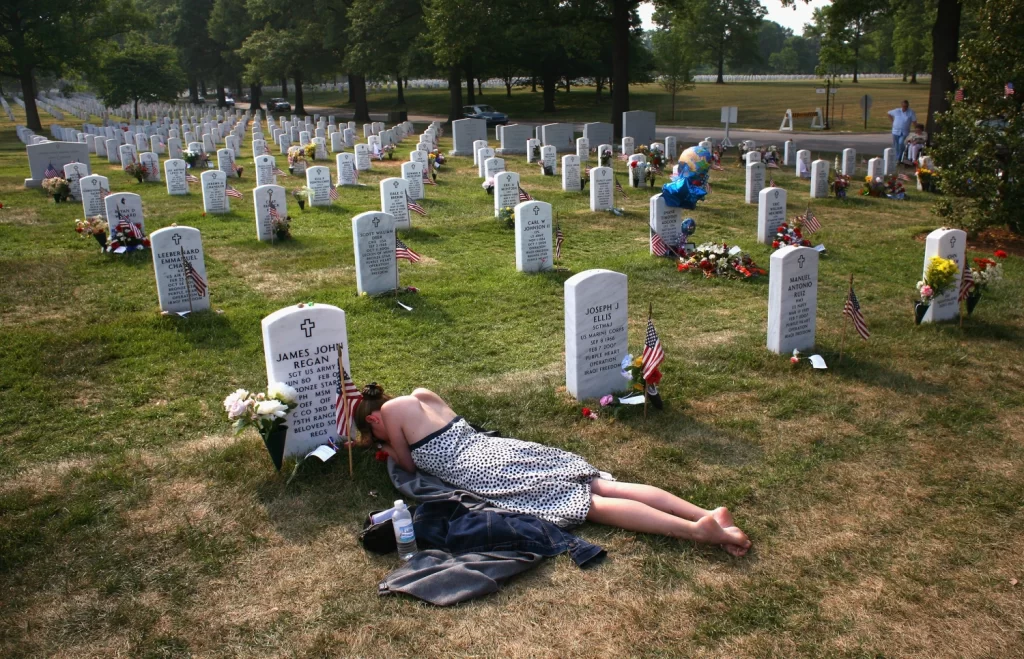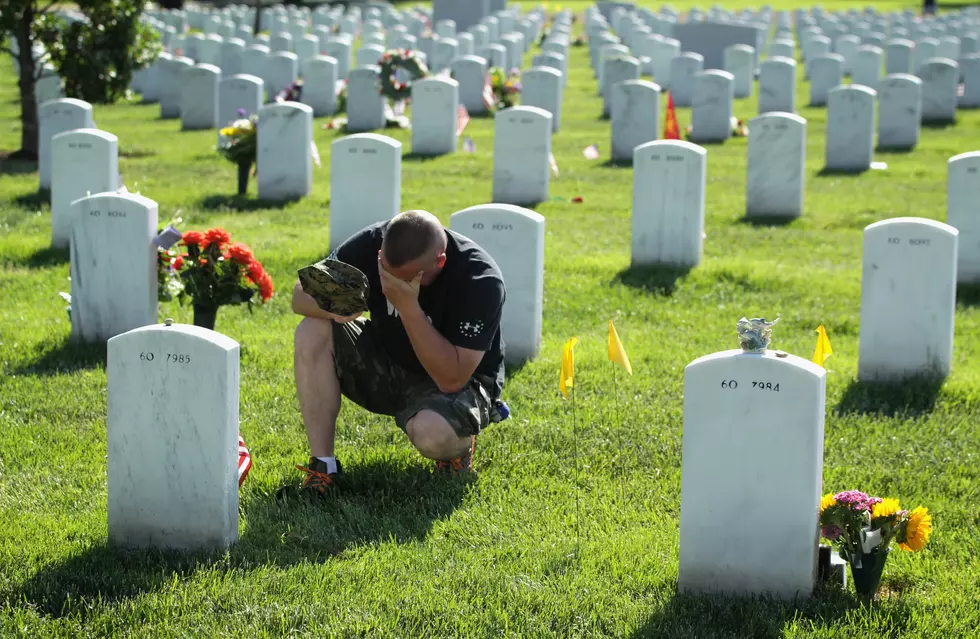As the sun rises on the last Monday of May each year, communities across the United States come together in solemn remembrance. Memorial Day, a cherished national holiday, is far more than the unofficial start of summer. It is a day dedicated to honoring the men and women who have made the ultimate sacrifice in service to their country. Understanding the origins and significance of Memorial Day helps us appreciate its profound meaning and the enduring legacy of those we commemorate.

The Origins of Memorial Day
The roots of Memorial Day date back to the aftermath of the Civil War, a conflict that claimed more American lives than any other and necessitated the creation of the country’s first national cemeteries. Originally known as Decoration Day, this occasion was established to honor the fallen soldiers of the Civil War by decorating their graves with flowers, wreaths, and flags.
The first widely recognized observance of Decoration Day took place on May 30, 1868, as proclaimed by General John A. Logan of the Grand Army of the Republic, an organization of Union veterans. This date was chosen because it was not the anniversary of any specific battle, thus emphasizing the remembrance of all who died in the war. Over time, as the United States became involved in subsequent conflicts, the scope of the holiday expanded to honor all American military personnel who died in service to their country.
The Evolution into Memorial Day
The transition from Decoration Day to Memorial Day began after World War I when the day was broadened to include American casualties from all wars, not just the Civil War. The term “Memorial Day” became more common after World War II, and in 1967, it was officially recognized as the holiday’s name. A significant change occurred in 1971 when Memorial Day was declared a national holiday by an act of Congress and was placed on the last Monday in May, creating a three-day weekend for federal employees.

Observing Memorial Day
Today, Memorial Day is observed with a variety of traditions that reflect both the solemnity of its purpose and the festive spirit of a long weekend. Here are some common ways Americans honor this day:
- Moment of Remembrance: At 3:00 PM local time, a National Moment of Remembrance takes place, where Americans pause for one minute to reflect on the sacrifices of fallen service members.
- Visiting Cemeteries and Memorials: Many people visit cemeteries and memorials, placing flags, flowers, and other tokens of respect on the graves of those who have served.
- Parades and Ceremonies: Numerous communities hold parades featuring veterans, military units, and marching bands. Ceremonies often include speeches, laying of wreaths, and the playing of “Taps.”
- American Flags: It is a common tradition to display the American flag at half-staff from dawn until noon, then raise it to full staff until sunset. This symbolizes respect and mourning in the morning, followed by the resolve to continue the fight for freedom in the afternoon.
- Family Gatherings and Recreational Activities: Many families take advantage of the long weekend to gather for picnics, barbecues, and other recreational activities, celebrating the freedoms protected by those who serve.
The Significance of Memorial Day
Memorial Day serves as a poignant reminder of the cost of freedom. It is a day to reflect on the courage, dedication, and selflessness of the military personnel who have laid down their lives in defense of the United States. By remembering their sacrifices, we honor their legacy and reaffirm our commitment to the values they fought to protect.
In an era where the true meaning of Memorial Day can sometimes be overshadowed by commercial interests and leisure activities, it is crucial to take a moment to honor the real heroes of this holiday. Whether through participating in a local event, visiting a cemetery, or simply pausing for a minute of silence, each act of remembrance ensures that the sacrifices of our fallen soldiers are never forgotten.
As we enjoy the freedoms and opportunities afforded to us, let us always remember those who paid the ultimate price. Memorial Day is not just a day off; it is a day to honor, reflect, and give thanks for the bravery and sacrifice of the men and women who have served and protected our nation.






